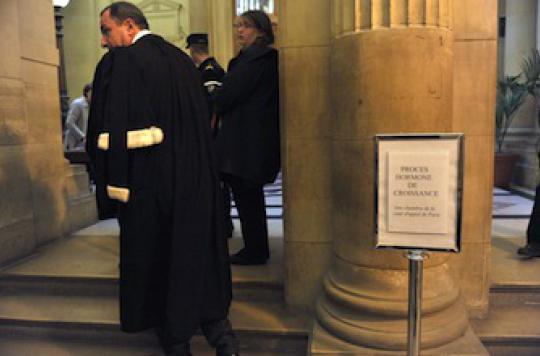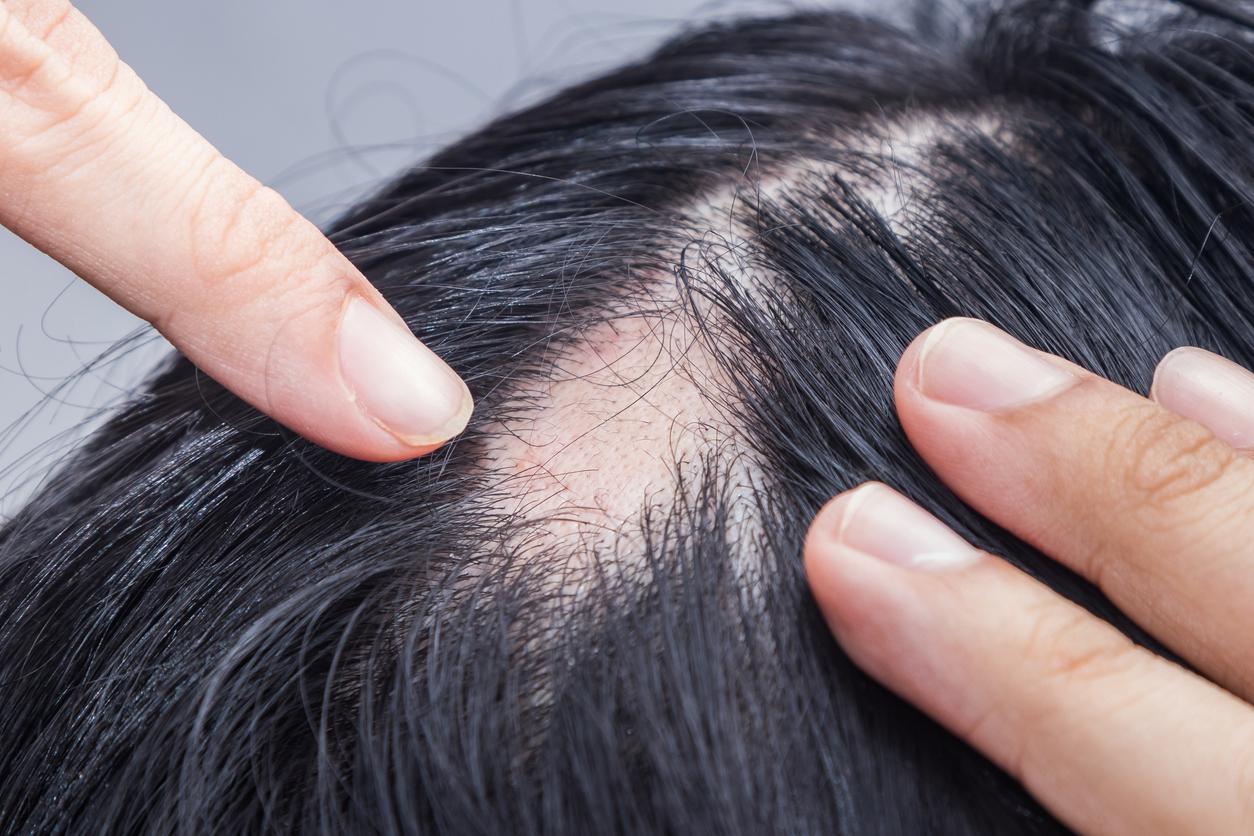The Court of Cassation quashed the appeal judgment in the growth hormone case, which had acquitted all the defendants. Claims can be made.

It is a court decision that will undoubtedly relieve the families of victims of one of the biggest French health scandals. In a judgment made public on Tuesday, the Court of Cassation overturned and annulled the judgment of the Paris Court of Appeal of May 5, 2011 in the case of contaminated growth hormone, which had acquitted all the defendants. The highest court of the judicial order thus refers the parties “to the Paris Court of Appeal otherwise composed”, states the judgment.
In this case, which has already been the subject of 22 years of proceedings, 1,698 children with hormonal insufficiency were treated by injection of growth hormone from samples taken from human corpses between 1983 and 1985. However, several of these corpses were infected with Creutzfeldt-Jakob disease (CJD), which was transmitted to dozens of children, 120 of whom died.
To understand the chain of possible responsibilities, remember that the contaminated hormone was purified in a laboratory at the Pasteur Institute, then packaged at the Central Hospital Pharmacy (PCH).
Despite this, the Paris Court of Appeal, had issued a judgment confirming the release of the defendants in this case by justifying its judgment by the marginal role played by the defendants, rejecting the real responsibilities on several other deceased people. She had thus dismissed the responsibilities of Fernand Dray, responsible for the extraction of growth hormone at the Institut Pasteur, and Elisabeth Mugnier, who was in charge of collecting pituitaries.
The decision of the Court of Cassation contradicts all the arguments put forward by the Court of Appeal, considering in particular that Professor Fernand Dray’s laboratory at the Institut Pasteur did indeed participate, illegally, in the production of a drug.
A decision welcomed by Me Bernard Fau, the lawyer for several families of victims. Questioned by the Agence Presse Médicale at the exit of the Court of Cassation, he insisted on the fact that this cassation does not relate to a procedural flaw, but that it relates to the substance and points to a fault of legal culture of the appellate court. “
Finally, in the present case, the reference relates only to the civil provisions of the case. The new court of appeal which will rule on the principle of guilt of the interested parties should meet at best in the fall of 2014.
.

















